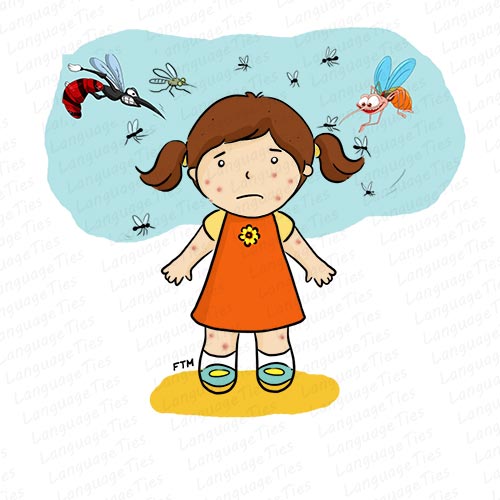pessimism
emphasizing or thinking of the bad part of a situation rather than the good part, or the feeling that bad things are more likely to happen than good things
There is now a mood of deepening pessimism about/over the economy.
emphasizing or thinking of the bad part of a situation rather than the good part, or the feeling that bad things are more likely to happen than good things
There is now a mood of deepening pessimism about/over the economy.
a way of saying that you hope something does not happen
God forbid (that) his parents should ever find out.
to feel or show great happiness about something
People rejoiced at seeing their leader.
to think that someone should behave in a particular way or do a particular thing
I expected you to write me letters.
When something is in the air you can feel it and you know it is happening or will happen soon.
look at the new boss and all his plans. Change is in the air.
[usually passive] (of insects, etc.) to bite somebody many times: I was being eaten alive by mosquitoes.

I was being eaten alive by mosquitoes.
discussing something to remove bad feelings and misunderstanding between people

He finally cleared the air by saying that she was late just because of traffic and she didn’t mean to disrespect the rules.
to take advantage of an opportunity as soon as it exists, in case the opportunity goes away and does not return
He doesn't often make such offers - I'd strike while the iron is hot if I were you.
A feeling of pleasure and satisfaction that you get because you or people connected with you have done or got something good
She felt a great sense of pride as she watched him accept the award.
something you say when something good happens to someone
Sally's brother is dating my cousin? Get outta here!
You just won the lottery? Get outta here!